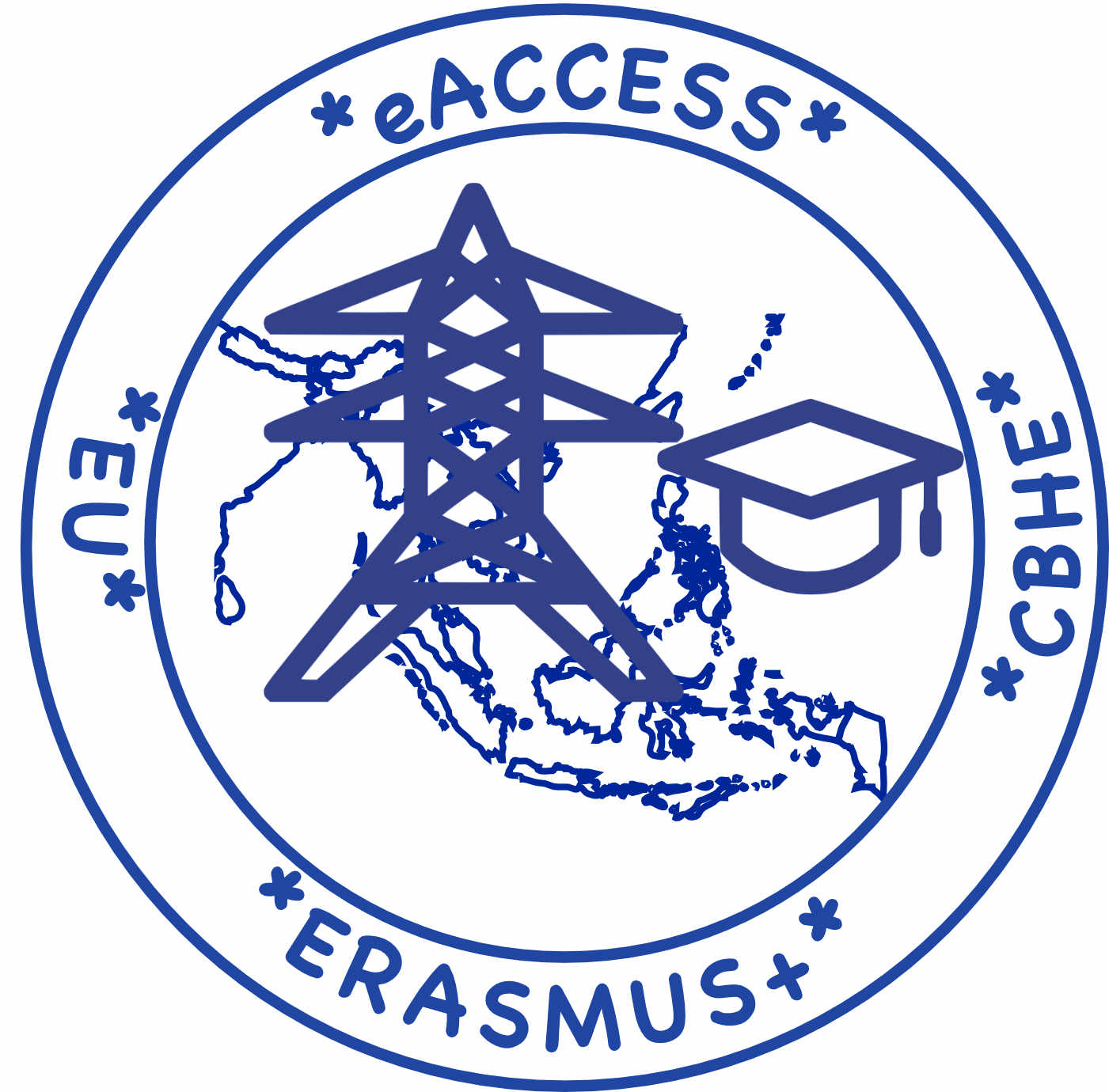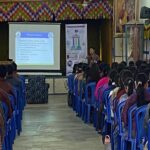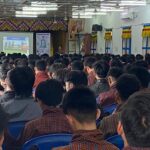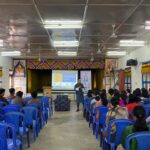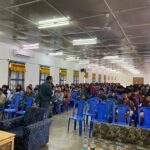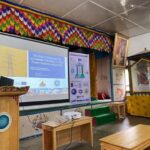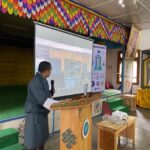eACCESS Project Promotional Event to New Admission Students at RUB
Electrical Engineering Department, College of Science and Technology, Royal University of Bhutan as a partner in eACCESS project conducted a promotional campaign for the new admission of the students in the college. About 280 students have been admitted to the college since July 2023 from schools around the country. The campaign included the presentation to students about the recent technological developments in the power industry, transformation of the power sector, the impact of the power sector on climate change and environment pollution. Students were made aware of the complexity of the power systems and the integration of the renewable energy technologies in the power grids. The presentation highlighted the support from the eACCESS project in capacity building with curriculum development of the six core modules, development of the teaching and learning platform, development of new switchgear and protection laboratory at RUB.
The meeting also introduced the partner universities and the project’s support in developing eACCESS Power Labs across Asian partner universities from Bhutan, Nepal and Indonesia to offer state of the art resources and practical learning tools to complement modernized curriculum in Power and Electrical Engineering. Students were informed about the recent visit by Dr. Marco Gilardi from University of the West of Scotland to the college and his work on the virtualisation of the laboratories across the partner universities in Nepal and Indonesia. The online virtualized 360° view laboratory was presented to the students and discussed the laboratory equipments installed at partner universities and its benefits in teaching and learning.
Summarising output of the event:
Newly admitted students from across the programme of studies were able to understand the power system and its challenges.
The event highligted the work of eACCESS project to support teaching programmes in electrical engineering department focusing on the power system, smart grid while taking into consideration the sustainable use of energy resources and accounting for environmental protection.
This workshop was attended by 279 students (178 male and 101 Female)
